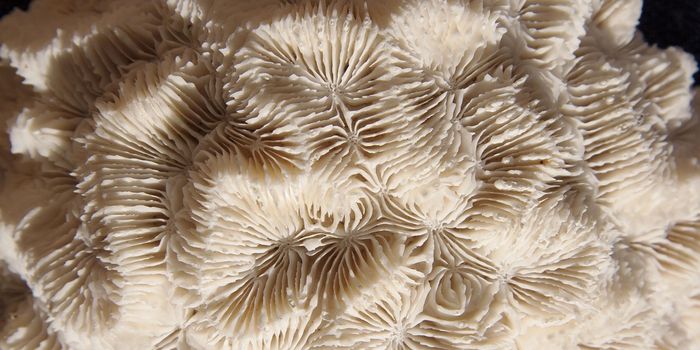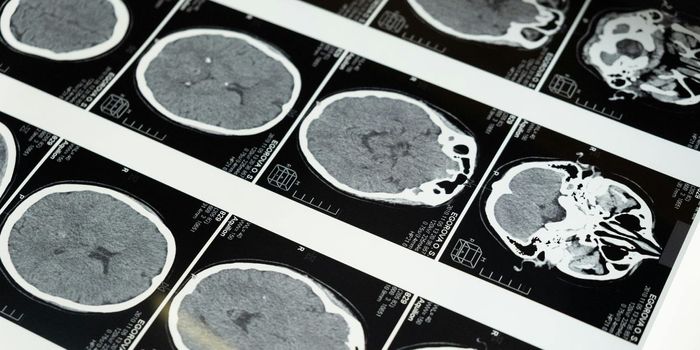Pregnancy Hormones May Induce Permanent Changes in the Brain
Researchers found that pregnancy hormones ‘rewire’ the brains of mice to induce maternal behavior, and that some of these changes may be permanent. Similar mechanisms may also exist in humans. The corresponding study was published in Science.
Until recently, it has been thought that maternal behavior in mice stems from hormones released when giving birth. However, other research shows that rats who give birth via Caesarean section and virgin mice exposed to pregnancy-related hormones also display significant maternal behavior. While it would appear that maternal behavior may start to develop during pregnancy, how pregnancy-related hormones remodel parenting-related brain circuits prior to birth has remained unknown.
To understand more about this, the researchers behind the present study conducted a series of experiments on pregnant mice. They found that female mice exhibited higher levels of maternal behavior during late pregnancy. From brain recordings, they found that estrogen and progesterone altered activity in an area of the brain linked to parenting behaviors- galanin-expressing neurons in an area of the brain known as the medial preoptic area (MPOA) in the hypothalamus.
To understand more about the role these neurons play in parental behavior, the researchers experimentally rendered them insensitive to the hormones. Doing so prevented mice from developing parental behavior during pregnancy and after giving birth. This, they noted, suggests that there is a critical period during pregnancy for these hormones to induce maternal behaviors.
The researchers further noted that while some changes lasted for at least a month after birth, others seemed to be permanent. They wrote, for example, that progesterone permanently rewired neurons in the MPOA. The findings suggest that pregnancy may lead to long-term rewiring of the female brain.
Rachida Ammari, a postdoctoral fellow at The Francis Crick Institute and first author along with Ph.D. student Francesco Monaca, said in a press release: "We've demonstrated that there's a window of plasticity in the brain to prepare for future behavioural challenges. These neurons receive a large number of inputs from elsewhere in the brain, so now we're hoping to understand where this new information comes from."
Sources: Science Daily, Science









